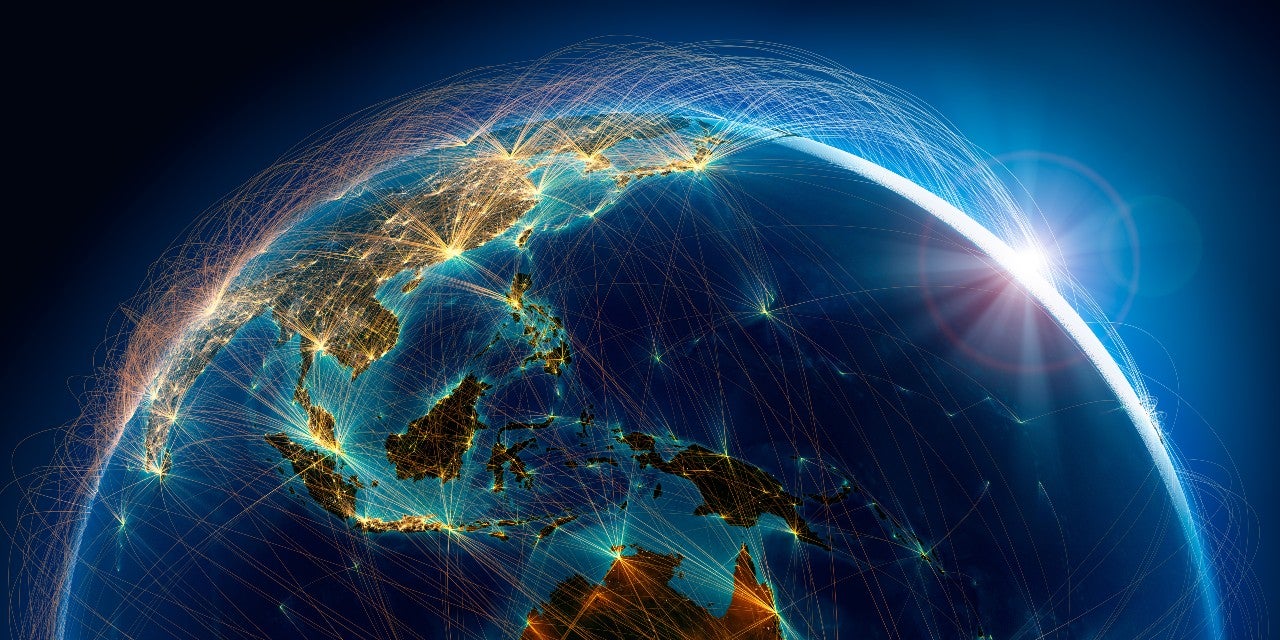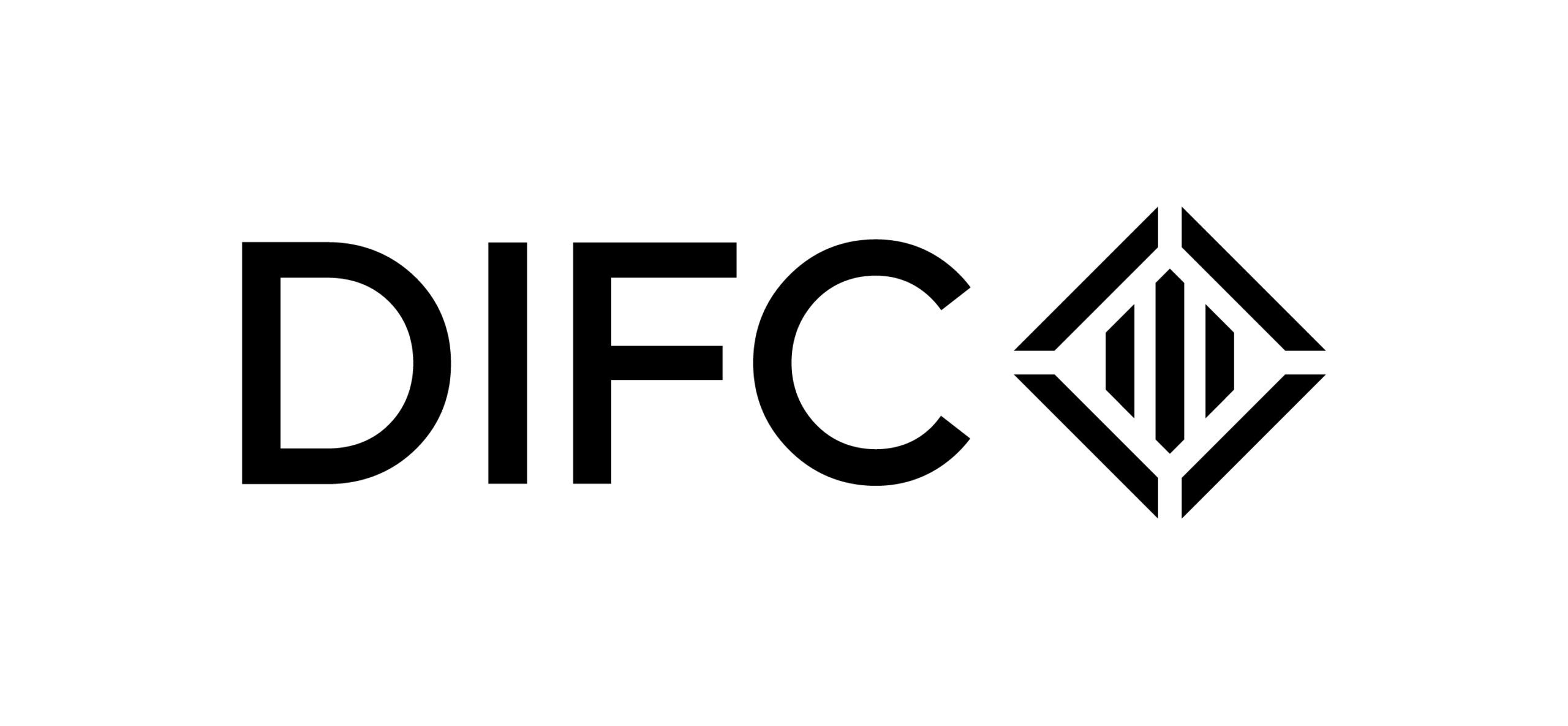
Dubai International Financial Centre (DIFC) has become the go-to location for innovators and financial service providers from South Asia and the Far East. This article looks at what is driving this growth, sharing recent developments and considering the benefits for the wider financial ecosystem.
DIFC is established as the leading global financial centre in the Middle East, Africa and South Asia (MEASA) region, and its benefits are attracting from businesses from further afield. Indeed, 10% of its resident financial services firms are Asian, coming from countries including Brunei Darussalam, China, Hong Kong, India, Japan, South Korea, Malaysia, Philippines and Singapore.
The activity undertaken by these providers is substantial, with 56% of the balance sheet booked in DIFC done so by Asian institutions.

The ideal ecosystem for Chinese businesses
Among the financial organisations that have selected DIFC are four leading Chinese banks: Agricultural Bank of China, Industrial and Commercial Bank of China, Bank of China (Dubai) and China Construction Bank Corporation. China Merchant Bank International is the latest bank to establish, opening a presence in April 2024. Memorandums of Understanding (MoU) have also been completed with China Banking Association, China Everbright Group, Jiaozi Fintech DreamWorks (Chengdu Financial DreamWorks), Xiao-I Robot and Tian Tai Law Firm.
In addition, SINOSURE became the first Chinese insurer to open a regional office at DIFC. SINOSURE is a state-funded and policy-oriented insurance company that promotes China’s foreign economic, trade development and cooperation on a non-profit basis. In 2020, it supported 147,000 Chinese customers, with a total insured amount of US$704 billion. Through its DIFC office, SINOSURE will further support China’s Belt & Road Initiative.
“Dubai is the ideal ecosystem for Chinese businesses looking to expand in the region,” said Song Shuguang, chairman of SINOSURE. “We are confident that our presence at DIFC will unlock a vast array of opportunities and drive value for ourselves and our stakeholders.”
Singapore FinTech synergies
DIFC’s reputation as a catalyst for innovation was further strengthened by its selection as an exclusive partner for last year’s Singapore FinTech Festival, the largest such event in the world. The partnership included DIFC hosting a half-day global satellite event. DIFC has also taken part in Hong Kong FinTech WeekArif Amiri, Chief Executive Officer of DIFC Authority said: “Our participation and partnerships with key FinTech hubs globally and regionally further confirm our commitment to accelerating the development of the Centre’s FinTech ecosystem, driving innovation across MEASA’s financial services sector and shaping the future of finance.”
DIFC Innovation Hub is home to the largest and comprehensive innovation ecosystem in the region and paves the way for early-stage start-ups, growth stage start-ups, unicorns and big Tech firms to accelerate success. In 2021, the Innovation Hub hosted a series of events and initiatives as part of its inaugural Innovation Month, which has since frown into the Dubai FinTech Summit which attracts more than 8000 industry professionals. TAIGER, a Singapore start-up that has chosen DIFC as its regional base took part in the activities, organising a seminar on Unlocking Better Banking with AI. Another Singapore startup, Stashaway, hosted an event exploring The Culture of Success.
Such events reflect how DIFC enables businesses to network and share insights, creating opportunities for other start-ups as well as potential corporate partners.
DIFC access to Islamic economy for Shariah-compliant banks
The decision by Malaysia’s largest Islamic bank to open its first overseas branch in DIFC further cemented the centre’s pivotal role on the world stage. Maybank Islamic is the Shariah-compliant division of Malaysia’s largest lender Malayan Banking Berhad (Maybank), and moved to DIFC in 2020.
The DIFC’s robust legal and regulatory environment, alongside its highly developed and dynamic financial ecosystem, continues to be a catalyst for growth in Islamic banking, offering a platform to reach a Muslim population of more than 600 million people based in the Middle East and Africa region.
Indian banks choose DIFC
A large number of Indian banks and financial institutions have chosen DIFC, 60% of them opting for a full banking license. Among these is Tata Asset Management Limited (TAML), part of the Tata group that has revenues of $113 billion (2018-19). Having received their license from the Dubai Financial Services Authority (DFSA), TAML formally joined the DIFC community in 2020. Establishing a new regional base at DIFC for Middle East and broader MEA will help TAML strengthen its regional stakeholder engagement and facilitate business growth. MoUs also exist with Gujarat International Finance Tec-City and the Government of Maharashtra.
Driving understanding and growth across the region
In addition to India, China, Singapore and Malaysia, DIFC has resident businesses and very strong ties with many other countries and financial organisations, including an MoU with Bank of Japan, World Alliance and Busan International Finance Center in South Korea.
Financial businesses are choosing DIFC due to its renowned governmental support and ease of doing business, synergies with both corporates and startups, and excellent connectivity and access to markets. All sectors are represented, including banking and capital markets, wealth management, insurance and reinsurance.
Dubai is undoubtedly the gateway to the Middle East, Africa, South Asia and beyond, and DIFC appears to be the gate that opens through to it.
The Global Financial Centres Index (GFCI) ranks the competitiveness of financial centres such as the Dubai International Financial Centre. It combines existing data with a regular questionnaire. Follow the link to contribute your valued perspective and you will be sent a copy of the next GFCI report. The survey closes soon, so please complete it today here.



